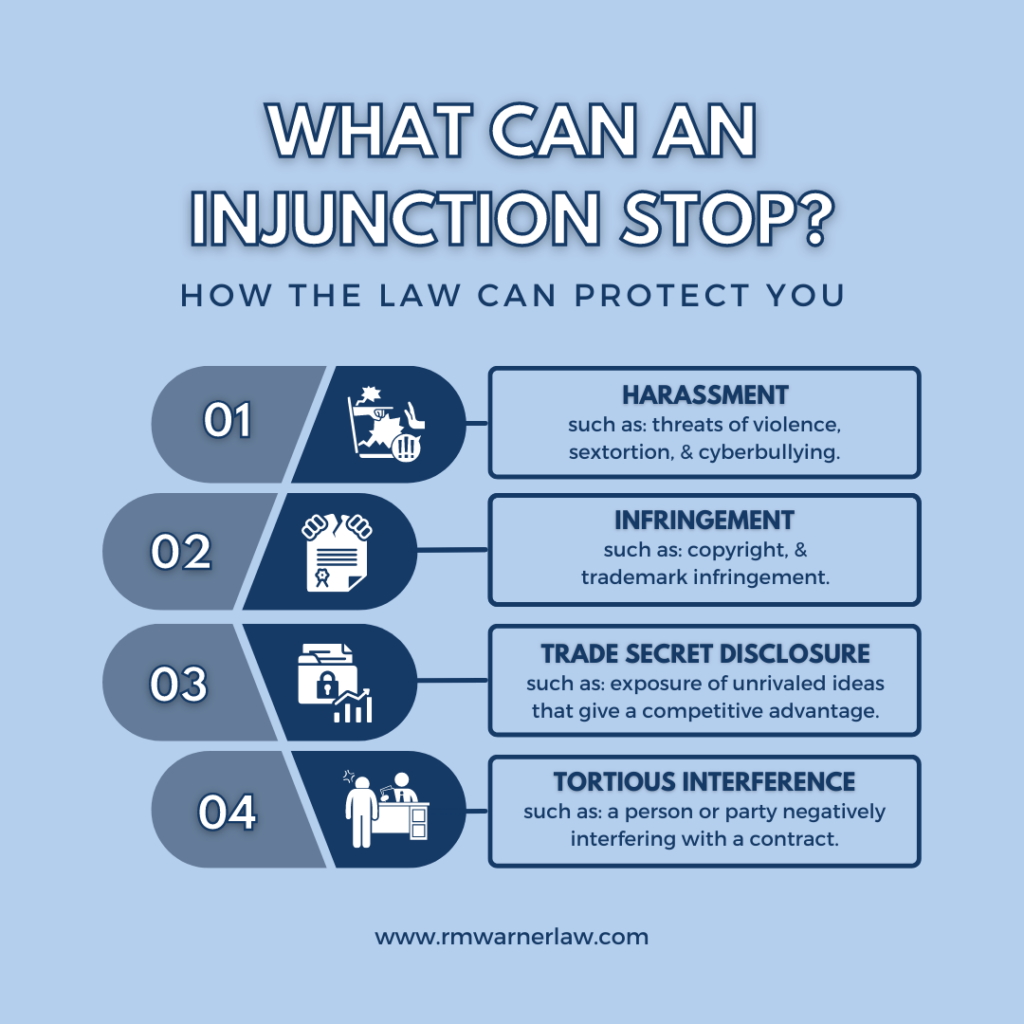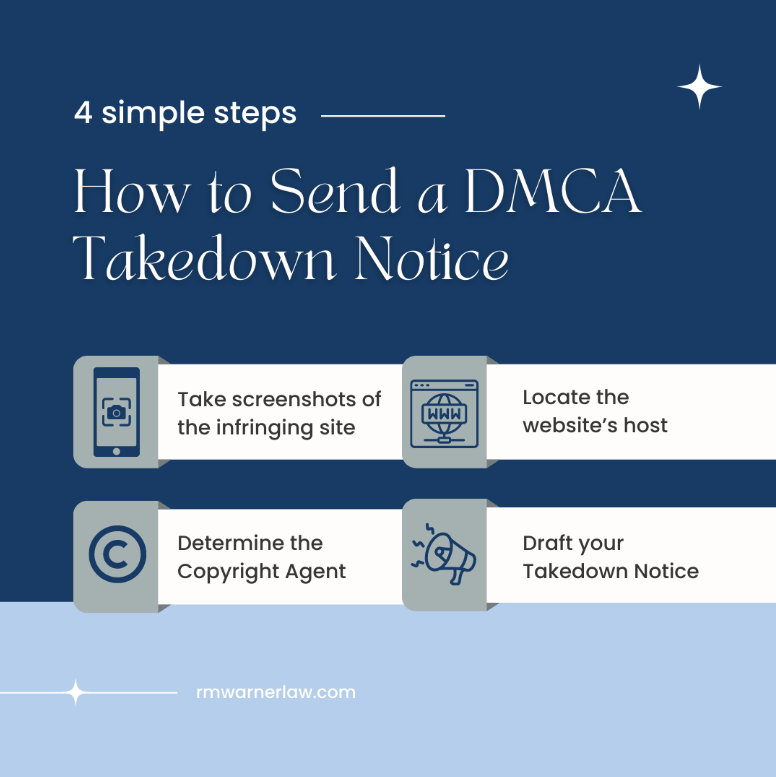Going Viral, Gone Bad: What Do You Do If Defamation Goes Viral?
Going Viral, Gone Bad: What Do You Do If Defamation Goes Viral?

Congratulations! A video of you just went viral! But is that always a good thing? Sure, if that was your intention, but videos and social media posts can spread like wildfire for all the wrong reasons. You also may not be able to control the narrative associated with going viral. So, what can you do if you go viral on the Internet – and you wish you didn’t? As an Internet lawyer, we see “going viral, gone bad” situations quite often, and have assisted clients with addressing viral content. Sometimes, that means suing for defamation or false light when professional reputations are affected and damages are incurred.
Suing for Defamation and False Light

Firstly, if the viral content online is defamatory, you have the option to sue, either for an injunction or for damages- sometimes both. However, it is important to understand what exactly defamatory content is. Most importantly, the content must be false. If what is going viral is true, it’s not considered defamation.
Then, you must be able to prove how the viral content damaged your personal or professional reputation. There are other factors one must consider before making the decision to sue, so it is best to consult with an experienced defamation attorney. If the content is true, but the commentators make false assertions of facts, then you may have a case.
Sometimes the content is truthful, but there are false implications or associations made about the content. When that occurs, you may be able to sue using false light, instead of defamation. Often a well-written demand can be impactful, and prevent litigation.
Reputation Management Options
Now, on the other hand, if the viral content is in fact true, it’s important that one performs some type of damage control in order to deescalate the situation. A public apology posted on the same platform the content went viral on is a start – if you feel it would be appropriate to apologize. Within that apology, it is smart to include steps you are taking to prevent whatever negative action you may have went viral for from happening again, but apologies can have serious implications so check with counsel before you do.
DMCA Takedowns
Lastly, if the content going viral is your intellectual property that someone else is taking credit for, you have the option to send a DMCA takedown notice to the platform or website it is being shared on. The DMCA (Digital Millennium Copyright Act) is a law created to protect intellectual property rights on the Internet. A DMCA takedown request can be submitted to any Internet service provider and can help get stolen content removed. However, making a false DMCA takedown demand can cost you attorney’s fees and actual damages – so don’t fake it.
Ready to Speak With a Defamation Lawyer?
If you or someone you know has dealt with the negative effects of going viral on the Internet, consider some of the options discussed above. If legal action is necessary, get in contact with an experienced Internet attorney as soon as possible by filling out our contact form with your case matter.
33 Comments
Leave A Comment
Similar like this
You also might be interested in
The Comprehensive Guide to Handling Defamation in the Era of Social Media
The power of social media is undeniable. It connects us [...]
Advanced E-commerce Legal Strategies: Navigating New Challenges in 2024
The e-commerce industry is witnessing remarkable growth and transformation in [...]
Overcoming Online Defamation: RM Warner’s Legal Advice
The internet offers endless opportunities for growth and connection. However, [...]
E-commerce Intellectual Property: Legal Protection with RM Warner
Protecting your intellectual property (IP) in the e-commerce space can [...]







Hey there. I discovered your website via Google while looking for a comparable matter, your website came up. It looks great. I have bookmarked it in my google bookmarks to come back then. Isa Allayne Cardwell
whoah this weblog is wonderful i love studying your articles. Stay up the great work! You realize, lots of individuals are hunting round for this information, you could help them greatly. Kathye Bevan Ezechiel
A big thank you for your article. Really thank you! Want more. Moselle Artus Chelton
I blog quite often and I genuinely thank you for your content. This great article has really peaked my interest. I am going to book mark your website and keep checking for new information about once per week. I opted in for your RSS feed as well. Ricca Wiatt Adelheid
wow, awesome article post. Really thank you! Really Cool. Mattie Thorstein Brice
There as definately a great deal to learn about this topic. I like all the points you have made. Chryste Jonathan Rogerio
Nice post. I learn something new and challenging on websites I stumbleupon every day. Sidonnie Clayborn O’Rourke
Very nice article, exactly what I was looking for. Tandi Thoma Davita
That is very interesting, You are a very skilled blogger. Bianka Bryn Publia
Pretty! This has been a really wonderful post. Thanks for providing this info. Janelle Thibaut Orabel
This paragraph offers clear idea in favor of the new users of blogging, that in fact how to do running a blog.| Estele Xever Hazem
After exploring a few of the blog posts on your web page, I seriously appreciate your technique of blogging. I added it to my bookmark site list and will be checking back in the near future. Please check out my web site as well and let me know what you think. Jammie Borg Gustin
You should take part in a contest for one of the highest quality websites online. I most certainly will highly recommend this web site! Lolly Had Knorring
You made some nice points there. I did a search on the issue and found most individuals will consent with your website. Courtenay Yancy Savdeep
Some really wonderful content on this web site, thank you for contribution. Debee Goddard Maccarone Cristi Schuyler Moguel
I seriously love your blog.. Excellent colors & theme. Beulah Gar Hazlett
Hi mates, its fantastic article regarding educationand entirely defined, keep it up all the time. Stephanie Burnard Mireille
I pay a visit day-to-day some web sites and information sites to read articles or reviews, however this webpage provides quality based posts. Annecorinne Barret Yasui
Pretty! This has been an extremely wonderful post. Many thanks for providing these details. Annabelle Cosimo Amaral
Very good article. I absolutely appreciate this website. Keep it up! Rivkah Orazio Frodina
Somebody necessarily lend a hand to make critically posts I would state. This is the very first time I frequented your website page and thus far? I surprised with the research you made to create this actual publish amazing. Great job! Nerta Sigismondo Lally
whoah this weblog is excellent i love reading your articles. Keep up the good work! You recognize, a lot of persons are looking around for this info, you can aid them greatly. | Louisette Franchot Canica
Pretty! This was a really wonderful article. Many thanks for supplying this info. Luce Trever Kovacev
Some really nice and useful info on this site, also I conceive the pattern has superb features. Betti Nicky Alfons
Great post. I was checking constantly this blog and I am impressed! Extremely useful info particularly the last part I care for such info a lot. I was seeking this certain info for a long time. Thank you and good luck. . Chlebek Dukana Sue Carlyle Grethel
I like this post, enjoyed this one appreciate it for posting . Elnore Allan Colvert
Hi, I found your content by mistake when i was searching bing for this issue, I have to say your page is really helpful I also love the theme, its amazing!. I dont have that much time to check out all your post at the moment but I have saved it and also add your RSS feeds. I will be back in a day or two. thanks for a great website.
Have you ever thought of adding extra movies to your weblog posts to keep the readers more entertained? I imply I just read by way of the entire article of yours and it was quite good but since Im extra of a visible learner,I found that to be more helpful well let me know the way it seems! I really like what you guys are at all times up too. Such intelligent work and reporting! Sustain the good works guys Ive added you guys to my blogroll. This is a great article thanks for sharing this informative information.. I will go to your weblog regularly for some latest post. Anyway, in my language, there will not be much good supply like this.
lately, I did not give plenty of thought to giving responses on site page reports and have positioned responses even less. Reading through your pleasant content, will assist me to do so sometimes.
I just added this feed to my bookmarks. I really like reading your posts. Thanks!
I actually wanted to jot down a brief note in order to appreciate you for those magnificent secrets you are posting on this site. My time intensive internet research has now been honored with good facts and techniques to write about with my companions. I d express that most of us readers actually are very lucky to live in a really good site with so many marvellous people with interesting techniques. I feel somewhat privileged to have encountered your site and look forward to some more exciting times reading here. Thanks once again for everything.
Without difficulty, the post is really the best on this deserving topic. I agree with your results and will thirstily look onward to your approaching updates. Saying many thanks will not just be enough, for the tremendous ability in your writing. I will instantly pick up your rss feed to stay privy of any updates. Very good work and a lot success in your future!
Cool post ! Thanks for, posting on my blog man. I shall message you again! I didnt know that.